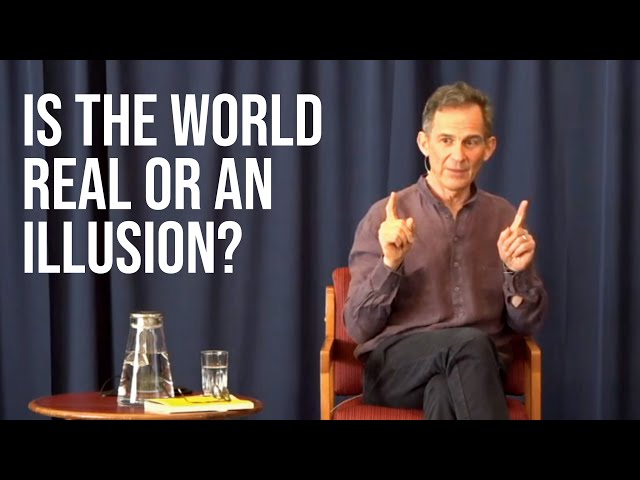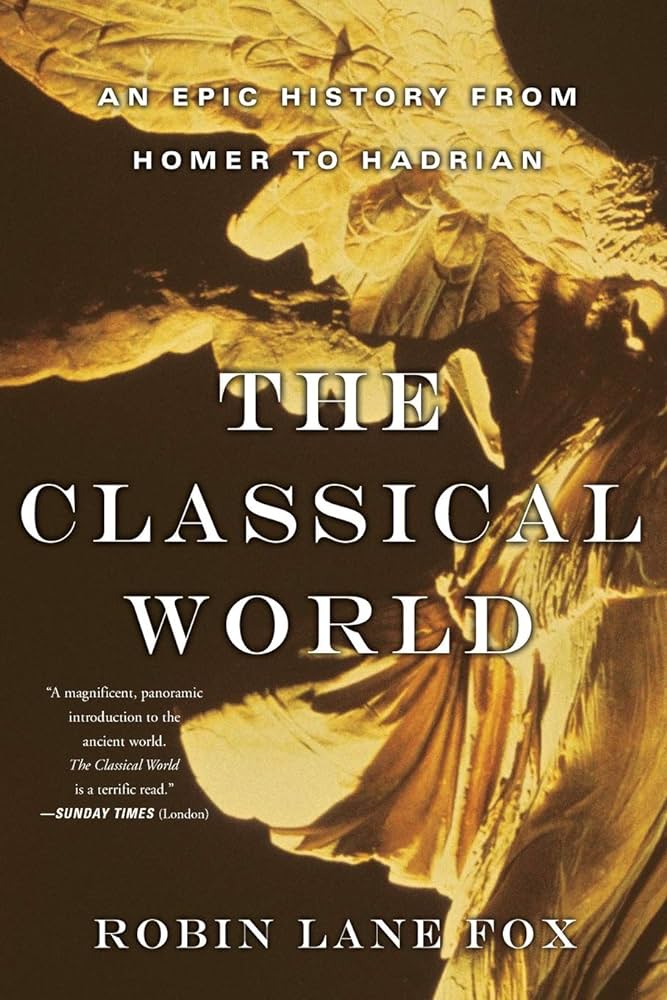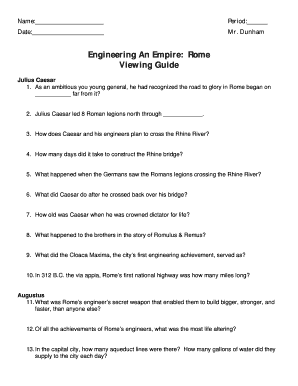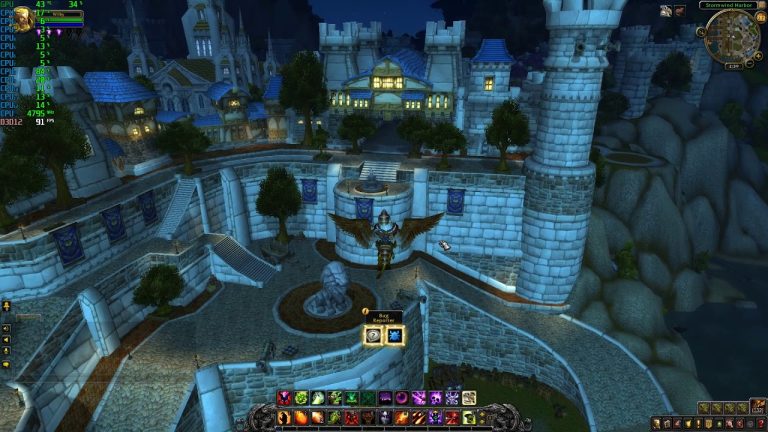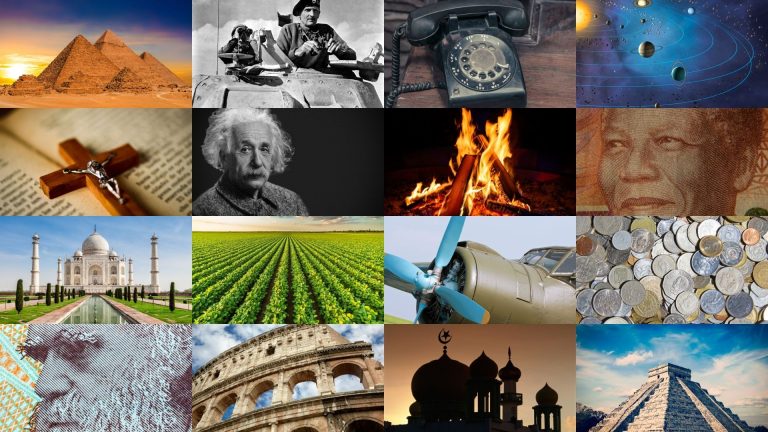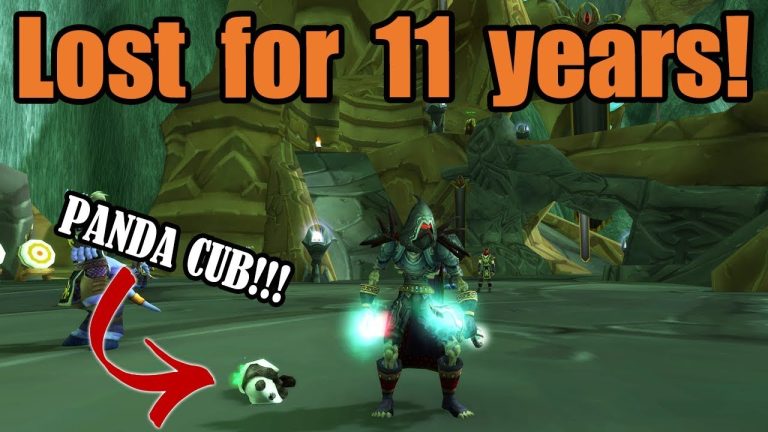Is This World Real Or An Illusion
This is a question that has puzzled philosophers for centuries, and it is still debated to this day: is this world real or an illusion? Some believe that our physical world is a mere projection of some sort of spiritual realm, or an illusion created by our collective consciousness. Others believe that the physical world is an absolute reality, and that our minds only create the illusion of a spiritual realm. Whatever your opinion may be, this is a fascinating subject to explore.
Understanding What We Perceive as “Real”
It’s a question that has been asked for centuries, and we still don’t have a definitive answer: is this world we experience real, or is it an illusion? To unravel the mystery, we must first explore what we consider to be real. We may think that the world around us is tangible and physically present, but this is not necessarily true. Our senses are limited and can only interpret a fraction of the world. We cannot see the vast majority of frequencies and energies that exist. As a result, our understanding of the world is limited to what we can perceive.
Science has shown that the objects we perceive as solid are made up of mostly empty space. This means that our perception of the world is actually an interpretation of energy and matter, rather than physical objects. This interpretation is based on the brain’s ability to process the information it receives from our senses.
Our understanding of reality is constantly shifting, and it’s important to remain open to the possibility that our perception of the world is just one perspective. We must also consider the possibility that the world we experience is an illusion created by our minds. It’s impossible to know for sure, but it’s certainly something to contemplate.
Ancient Philosophical Perspectives on Reality
From ancient times, philosophers have pondered the question of what is real and what is an illusion. As far back as the pre-Socratic period, thinkers have attempted to answer this perplexing question. Plato argued that the physical world is an illusion and that the only true reality is found in the realm of ideas. Aristotle, on the other hand, held that the physical world is the only reality and that knowledge can only be acquired through the senses. Centuries later, the Buddhist philosopher Nagarjuna argued that the world is both real and an illusion, and that the only way to transcend the illusion is through the realization of the true nature of reality.
The debate continues to this day, and modern philosophers are still exploring the idea that the world we perceive is an illusion. Cognitive scientists, for example, have studied the ways in which our brains process information and have suggested that the world we experience is largely an illusion created by our own minds. Quantum physicists have also weighed in on the issue, suggesting that reality is ultimately an illusion created by the observer.
Regardless of where one stands on the issue, it is clear that the question of whether the world we live in is real or an illusion has been a source of fascination for thinkers throughout the ages. As such, it is an important topic for students of philosophy to explore and understand.
Neuroscience and the Perception of Reality
In recent years, neuroscience has come to the fore in its efforts to answer the question: is this world real or an illusion? Scientists have used a variety of tools and techniques to explore the relationship between the brain and reality. In doing so, they have uncovered many interesting findings that can help us to better understand our experience of the world.
For example, research has shown that the way we perceive the world is heavily influenced by our own internal mental states. For instance, a person’s mental state can affect their ability to accurately perceive reality. Additionally, research has revealed that the brain is capable of constructing its own version of reality that is different from the physical world. This means that our perception of the world is not only influenced by our own mental states, but also by our environment.
In addition to exploring the relationship between the brain and reality, neuroscience has also shed light on the nature of consciousness. Studies have suggested that consciousness is an emergent property of the brain, meaning that it arises from a combination of different neural networks and processes. This has implications for our understanding of free will and self-determination, as it implies that our ability to make decisions and control our actions is rooted in the brain’s ability to construct its own version of reality.
By combining these findings with emerging technologies, such as artificial intelligence, neuroscience has the potential to provide us with a better understanding of reality and our place in it. Ultimately, this could help to develop more effective treatments for mental health disorders, as well as provide us with an insight into the nature of consciousness and our ability to make decisions.
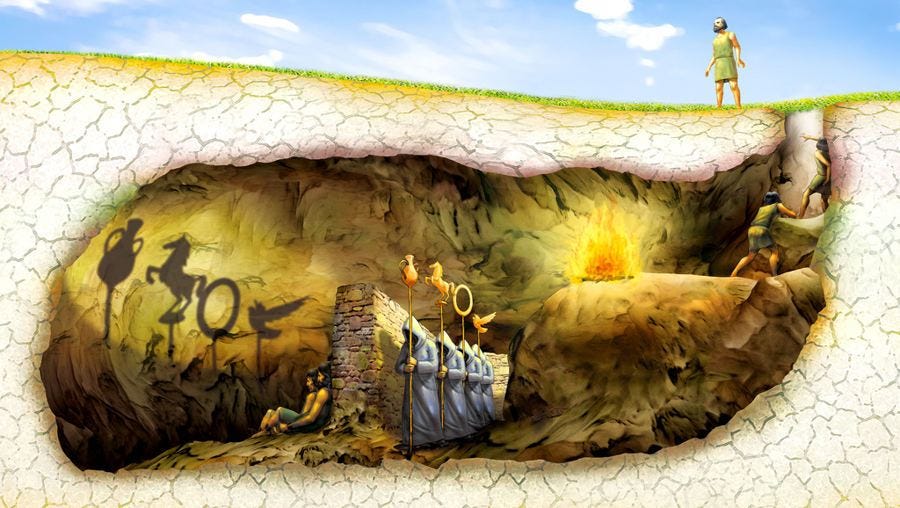
Quantum Mechanics and the Nature of Reality
We live in a world of physical objects and experiences, but is it really real, or is it all just an illusion? Quantum Mechanics, the mathematical theory of subatomic particles, has led some scientists to believe that our reality is actually an illusion. This theory suggests that the universe is made up of energy, not matter, and this energy constantly changes and morphs into different forms. Through quantum entanglement, particles can become connected to each other, even when separated by vast distances. This means that all particles are connected, and that what we experience in the physical world is simply a manifestation of this entangled energy. This suggests that reality is an illusion, and that our perceptions are only a reflection of this ever-changing energy. Quantum Mechanics provides insight into the nature of reality, and it is up to us to decide whether or not we believe it.
The Role of Technology in Perceived Reality
We live in a world where technology plays an ever-increasing role in our daily lives. From streaming services to augmented reality, technology has changed the way we perceive our environment and reality. But is it possible that technology is actually creating an illusion of reality? To answer this question, we must first look at how technology affects our perception of reality.
The most obvious way technology affects our perception of reality is by providing us with information from outside of our immediate environment. For example, with the rise of social media, we can now stay constantly updated on the news and events happening around the world. This gives us a more holistic view of reality and can give us a more accurate picture of the world.
It is important to note, however, that technology can also be used to distort or manipulate our perception of reality. This is especially true of augmented reality, which can be used to alter our view of reality and even create entirely new experiences. With this in mind, it is important to understand how technology can be used to manipulate our perception of reality and create an illusion.
Overall, technology has had a huge impact on our perception of reality and can be used to create an illusion of reality. It is important to be mindful of how technology can be used to distort our perception, as this may have an effect on how we interact with the world around us.
Conclusion: Exploring the Meaning of Reality
As our exploration of the concept of reality in this blog has demonstrated, there is no single, definitive answer to the question posed in this article’s title. Some may argue that reality is an illusion, while others may claim that the world is real. Ultimately, the answer lies in the individual’s interpretation of what it means to exist in the world.
Reality is a complex concept that has been studied for centuries by scholars, philosophers, and scientists alike. For some, the answer lies in the physical world and its tangible objects, while for others, reality may be more spiritual or intellectual in nature. No matter one’s personal interpretation of reality, it is clear that our perception of the world shapes our experience and understanding of the world around us.
Ultimately, the concept of reality is up for interpretation, and each individual must decide for themselves what is real and what is not. As we are constantly discovering and learning more about the world, it is important to remain open-minded and inquisitive in order to better understand the reality that we inhabit.
FAQs About the Is This World Real Or An Illusion
1. How can I tell if this world is real or an illusion?
Answer: Whether this world is real or an illusion is a matter of perspective. It can depend on your beliefs and personal experiences. Ultimately, it is up to you to decide what you believe about the world.
2. Does the world have to be one or the other?
Answer: No, the world does not have to be either real or an illusion. It can be both, or neither. The debate over whether this world is real or an illusion is a philosophical one, and one that can be interpreted differently by different people.
3. Is the world we experience an illusion?
Answer: Again, this is a matter of perspective. Some people believe that the world we experience is an illusion, while others believe it is real. Ultimately, it is up to you to decide what you believe about the world.
Conclusion
This world is a complex and mysterious place, and it is impossible to definitively answer whether it is real or an illusion. It is up to the individual to explore and interpret the world around them and come to their own conclusions about its nature. Ultimately, the answer to this question is subjective and may differ from person to person.
